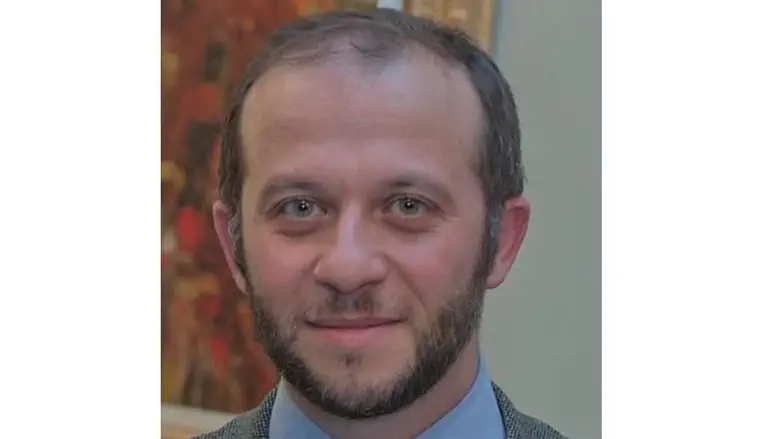
Currently, the world is celebrating the victory over Nazi Germany. Without this victory, the State of Israel would not have been established, and even more of the world's Jews, perhaps even a majority, could have been murdered.
However, this victory is hardly celebrated in Israel and around the Jewish world, except by the Jews of the former Soviet Union. The Jewish memory of World War II is almost entirely concentrated on commemorating the Holocaust. Nevertheless, World War II was not just a story of Jewish victimhood. It is also a story of victory and heroism.
It is an amazing and almost unknown historical fact that around one and a half million Jews fought with the Allies and in the anti-Nazi coalition, and in many cases the proportion of Jews who fought was greater than the proportion of Jews among the population of that country.
Among them were countless pilots, senior officers and even generals, war heroes, scientists and important spies.
Over half a million Jews fought in the Red Army and the same number of Jews served in the American army. Another half a million Jews fought in the armies of Great Britain, France, Poland, Australia, South Africa, Holland, Canada, Greece among others.
Jews fought as partisans and even established Jewish underground units, created and enacted revolts in ghettos and camps under Jewish flags, and of course the Jewish community of the Land of Israel also fought as part of the Jewish Legion in the British Army.
This contrast is so striking in light of the fact that only three weeks ago we commemorated the Holocaust, the terrible and tragic suffering of our people. Those who survived did not do so because the Nazis decided to release them, but because the armies of the anti-Nazi coalition defeated them.
It is possible that many among us feel that we did not have a big part in the victory over the Nazis, and therefore participating in victory celebrations seems arrogant to them.
In my opinion, there is another explanation: the reason lies, among others, in the fact that the Jews in general were not used to celebrating victories and feeling pride in power during 2000 years of exile.
First, because the Jews rarely had power, and even when they did, it was dangerous to show it, so as not to annoy their neighbors.
After all, many Jewish holidays are also celebrations of strength and victory, but these celebrations have been subdued with other less fraught messages.
Hanukkah, Purim and Passover are celebrations of victory over enemies who tried to destroy the Jews, but as a foreign and weak minority that was constantly afraid of Antisemitism, expulsion and pogroms, we were afraid to raise our heads and turned these holidays into celebrations of light, donuts, costumes, spring and renewal.
It is difficult to get rid of 2000 years of old habits during a mere 75 years since the reestablishment of sovereignty in our indigenous and ancestral homeland.
Nevertheless, there is no choice.
Our situation changed with the establishment of the State of Israel, both in terms of the threats and the necessity of using force to repel those threats, survive, thrive and ensure security.
Our current enemies look at us and analyze us.
They have many reasons to think we are not determined enough to win and so they try us again and again, even now.
One of the signs of this is our unwillingness to celebrate the victory over the Nazis, the greatest and cruelest enemy of the Jewish people during modern history.
This is why we, as a people and as a country, need to celebrate this victory and put it firmly on our national calendar.
Alex Selskypreviously served as an advisor to Prime Minister Benjamin Netanyahu, as a member of the Board of Governors of the Jewish Agency, a member of the Executive Board of the World Zionist Organization and the CEO of the international Beitenu movement. He is currently a lecturer in the Department of Politics and Communication in Hadassah Academic College, a member of the Israel Victory Project and a Major (Res.) in the Israel Defense Forces.